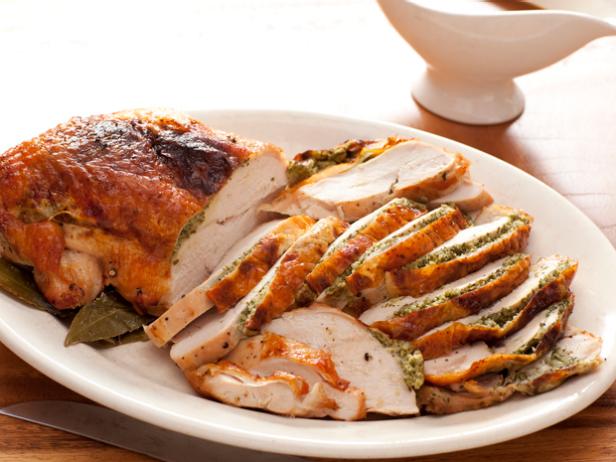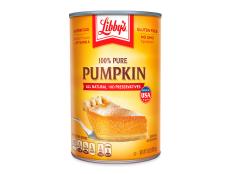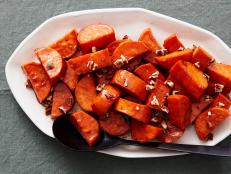Turkey Talk: Is Free Range Or Organic Worth It?

Tara Donne, 2009
The appeal of free-range turkeys is that they are raised with access to outdoor space so they can roam -- many folks believe that this makes for better tasting meat. Farmers also raise these turkeys in a more human environment (no messy, cooped-up quarters), which wins extra points with food advocates. Add to that list the fact these turkeys get fed higher quality food and farmers don't use hormones or antibiotics on them.
As for organic turkeys, they are certified as being raised following strict parameters (though they may not be free range) and are only fed organic food. Usually free-range birds are also organic, but make sure you ask your meat provider or read the store packaging carefully.
Local poultry ranches are usually smaller operations and take more care in raising their animals. Many use free-range and organic practices (even if they aren’t certified organic). If you're interested in keeping your feast local, call up the farmer to ask for details ahead of time.
Poultry also often has other labels such as “natural,” “grass-fed” or “no added hormones” -- check out our eco-friendly label decoder to help make sense of these tags.
Yes, these more specialized turkeys cost more -- in many cases, A LOT more. We priced out options from various online grocery stores and the costs varied. Some turkeys were more than $10 per pound. Here’s what we found on average:
If getting a free-range or organic bird is important to you, you can save some money by picking a smaller size. Yes, this does mean fewer leftovers, but most people buy way more turkey than they need anyway. In this case, you'd be splurging on quality, not quantity.
Pay attention to the labels on fresh or frozen birds or ask your butcher or local farmer for more details. Free-range and organic turkeys are often in high demand; so if you choose to get one, you should order it now (if you haven't already).


































